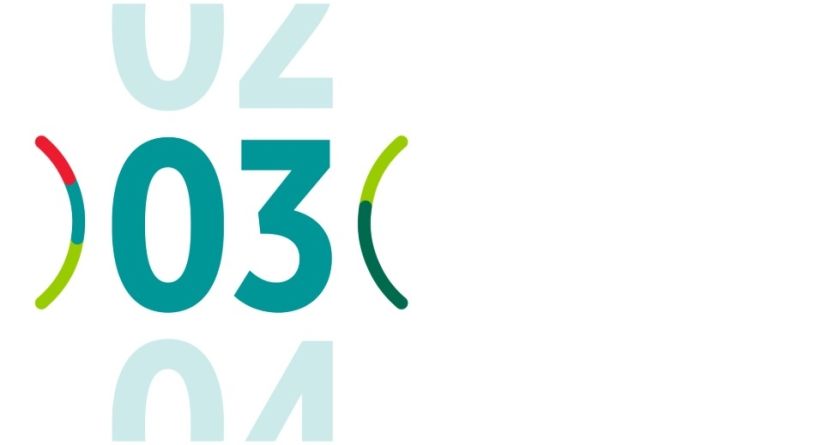
France – 2023-2024 scenario: a smooth recovery despite headwinds
The French economy is making a soft landing following the post-COVID economic recovery in 2021 and the adverse effects of the outbreak of the war in Ukraine in 2022.
The country has avoided a technical recession, with growth of 0.0% (qoq) in first-quarter 2023 and 0.5% in the second quarter. Growth is expected to be modest in the second half of 2023 as the effects of monetary tightening peak, but the rebound in household consumption linked to disinflation will enable gradual economic growth in 2024. Annual growth is expected to be 0.9% in 2023 then 1.0% in 2024.
Habitual growth drivers have stalled in recent quarters. First, household consumption has dipped owing to high inflation and is now lower in Q2 2023 than it was in Q4 2019. Monetary tightening in response to inflation is weighing on investment, with household investment having declined for several quarters and a slowdown in investment by non-financial companies, that has inhitherto been resilient.
But some factors have bolstered economic activity, allowing the French economy to withstand the unfavourable environment. Foreign trade has supported growth since Q4 2022. The return to normal of global value chains is also supporting supply and helping to bring inflation down. However, caution continues to prevail among households, with low confidence and a high savings rate. Government support for businesses is less abundant, but margins have been restored in many sectors and tax pressure continues to ease.
Uncertainty remains high, particularly since the outbreak of the conflict in the Middle East, and downside risks persist in our scenario. Energy prices are currently lower than last year but could rise again if the conflict in Ukraine or the Middle East further deteriorates. Lastly, with the rise in interest rates beginning to weigh on the investments of non-financial companies, the aggressive continuation of the monetary tightening cycle could curb investment and have significant repercussions on the labour market, especially as fiscal policy will now be less expansionary.
Main components of the scenario:
- Household consumption is expected to rebound timidly in second-half 2023 then more sharply in 2024 owing to a gradual decline in inflation and a slight decrease in the savings rate by the end of 2024.
- Business investment is expected to decline slightly at the end of 2023 amid tighter financial conditions. It is expected to be sluggish in first-half 2024 and rebound slightly at the very end of 2024, while interest rates are expected to gradually fall.
- Inflation will continue to wane but will nevertheless remain above the European Central Bank target of 2% at the end of 2024. Core inflation, and in particular services inflation, should prove more persistent, supported by dynamic wages.
- Foreign trade is expected to make a slight contribution to growth starting in H2 2023 stemming from sluggish global demand for France. But for full-year 2023, it will make a positive contribution owing to strong overhang from H1 2023.







